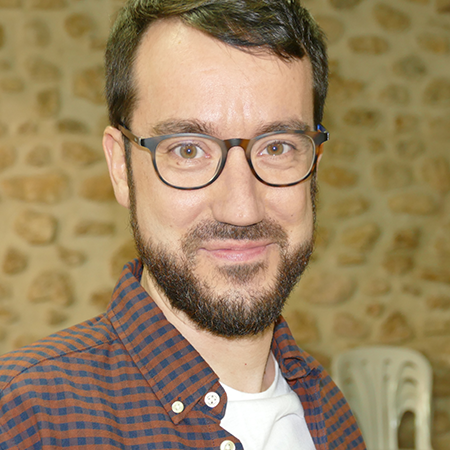Dr. Xavier Benito-Granell is an aquatic ecologist motivated by fundamental and applied questions about ecological indicators, metacommunities, and environmental change. He broadly asks how the dynamics between biological communities and their physical environment change as a result of natural and anthropogenic stressors over time. He obtained his PhD from the University Rovira and Virgili (Spain), before starting two postdoctoral positions—first at University of Nebraska-Lincoln and then at SESYNC. While at SEYSNC, Xavier published five studies revolving around the human component of long-term environmental change in aquatic ecosystems, applying recent, advanced time-series methods. Xavier served as a steering committee member of the Past Global Changes (PAGES) Early Career Network. He is also co-chair of the international joint PAGES-International Union for Quaternary Research early-career-researcher workshop “Past Socio-Environmental Systems.” His current research areas include: paleolimnological perspective of ecological resilience, biodiversity trends in the Anthropocene, socio-ecological systems of Mediterranean deltas, macroecology of diatoms, and global riverine oligotrophication trends. Xavier holds a Beatriu de Pinós-Marie Curie COFUND (co-funding of regional, national and international programmes) postdoctoral fellowship within the Marine and Continental Waters Programme at the Institute of Agrifood Research and Technology (Spain). In this position he is aiming to understand where, when, and by how much, Mediterranean coastal habitats have changed using a limnological-paleolimnological approach.
External Links:
https://http://www.xavierbenito.com/
https://scholar.google.com/citations?user=pzZHqQYAAAAJ&hl=en
